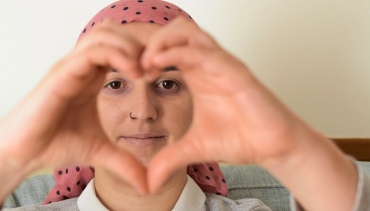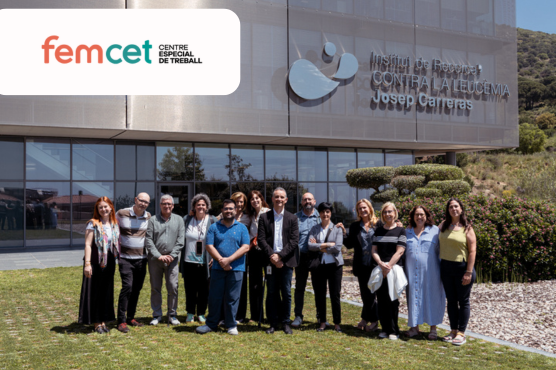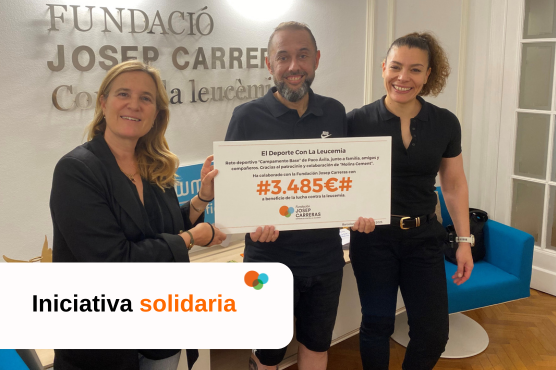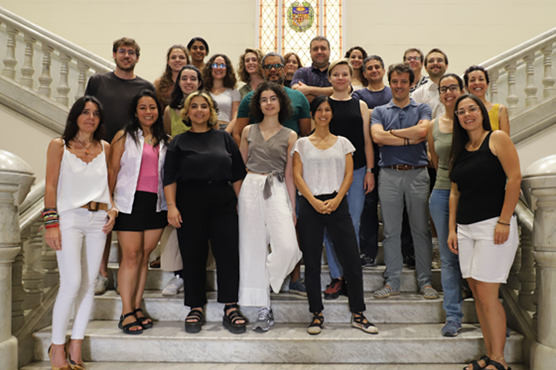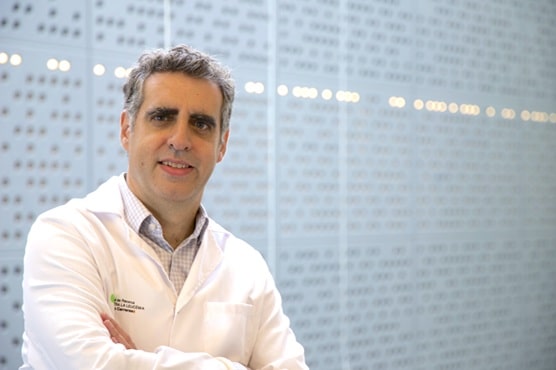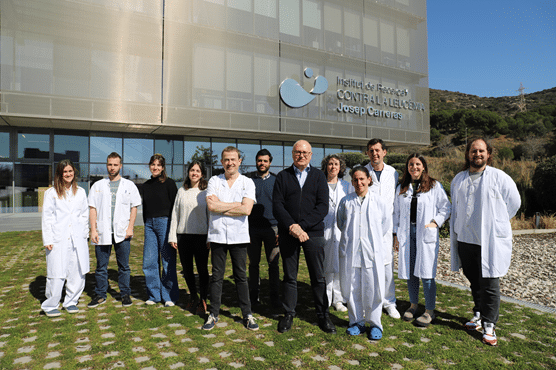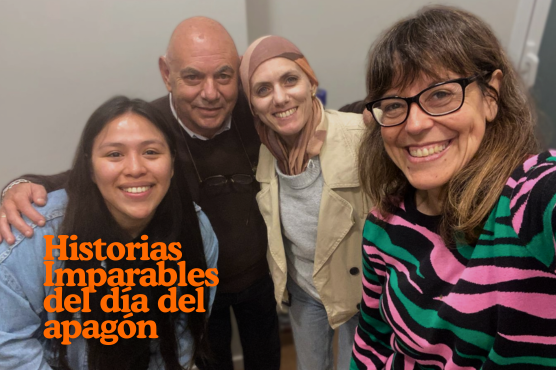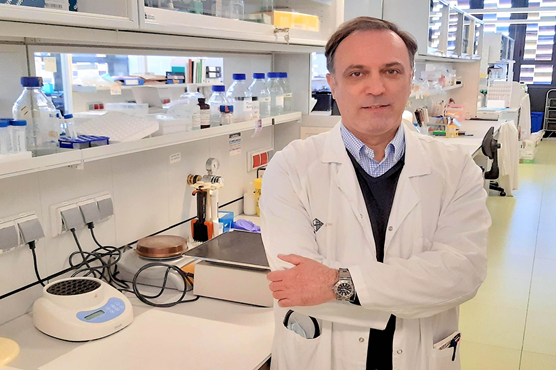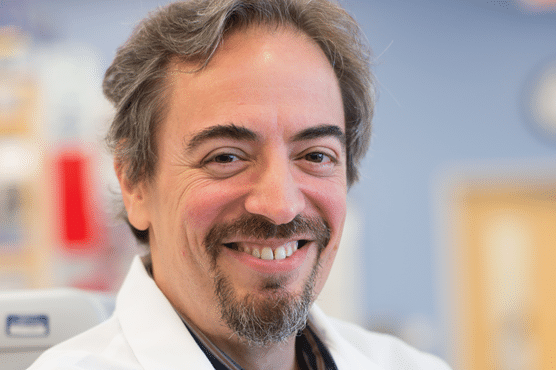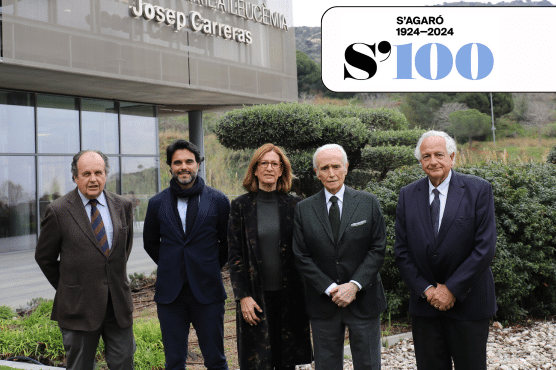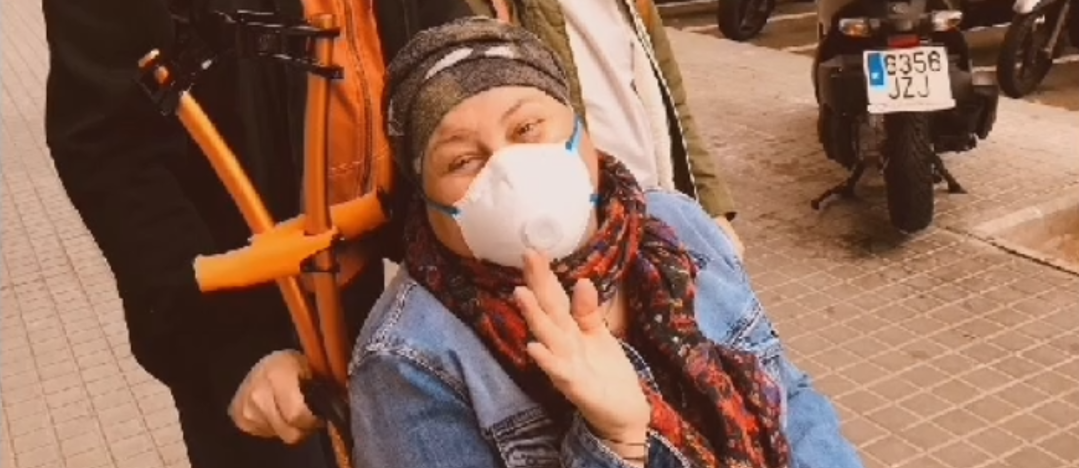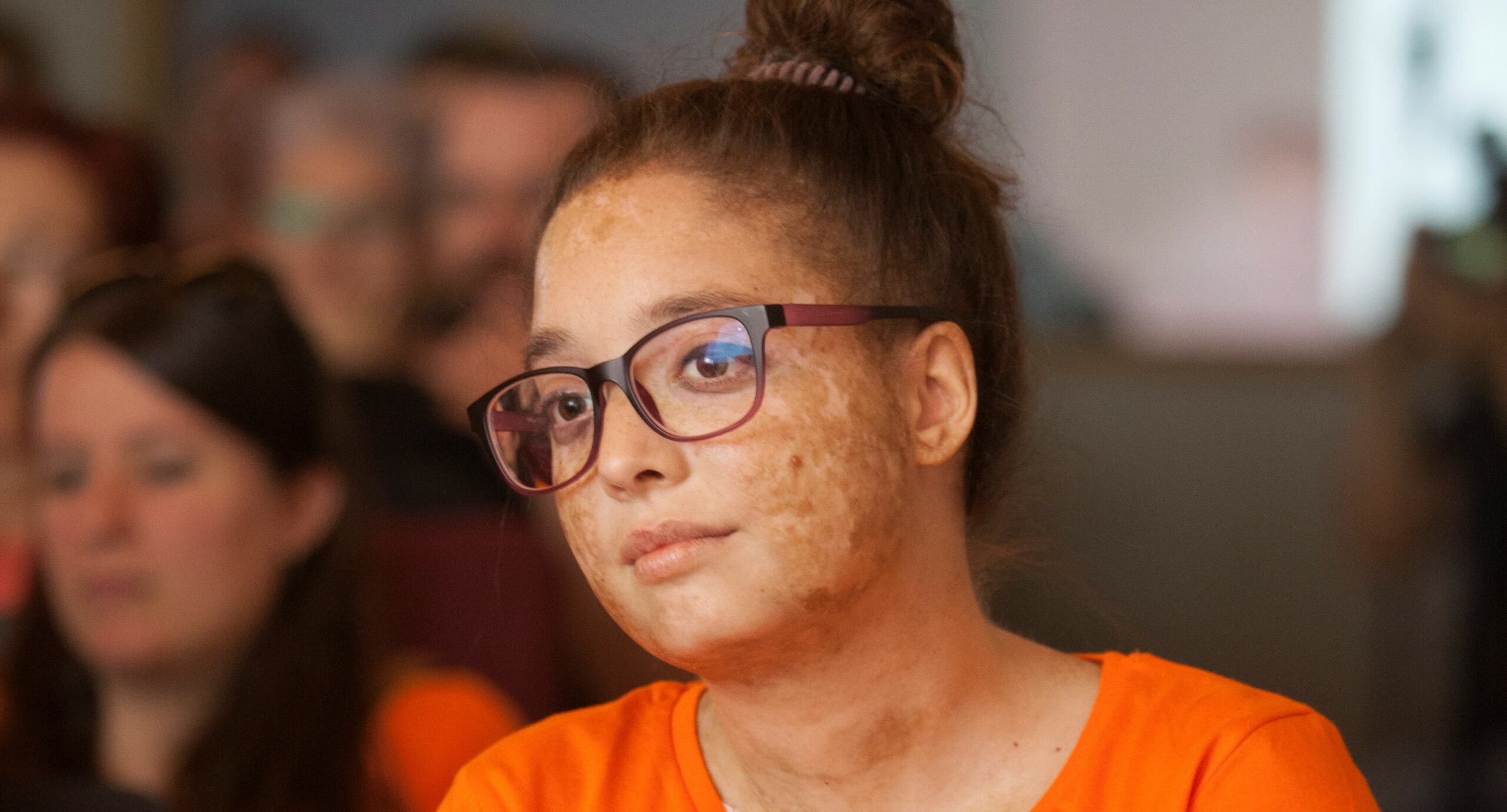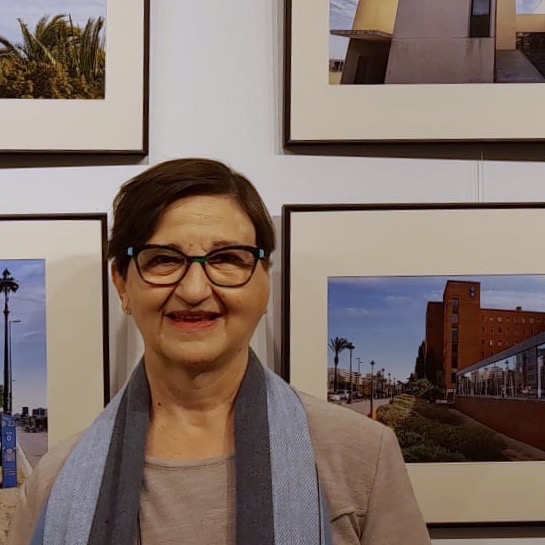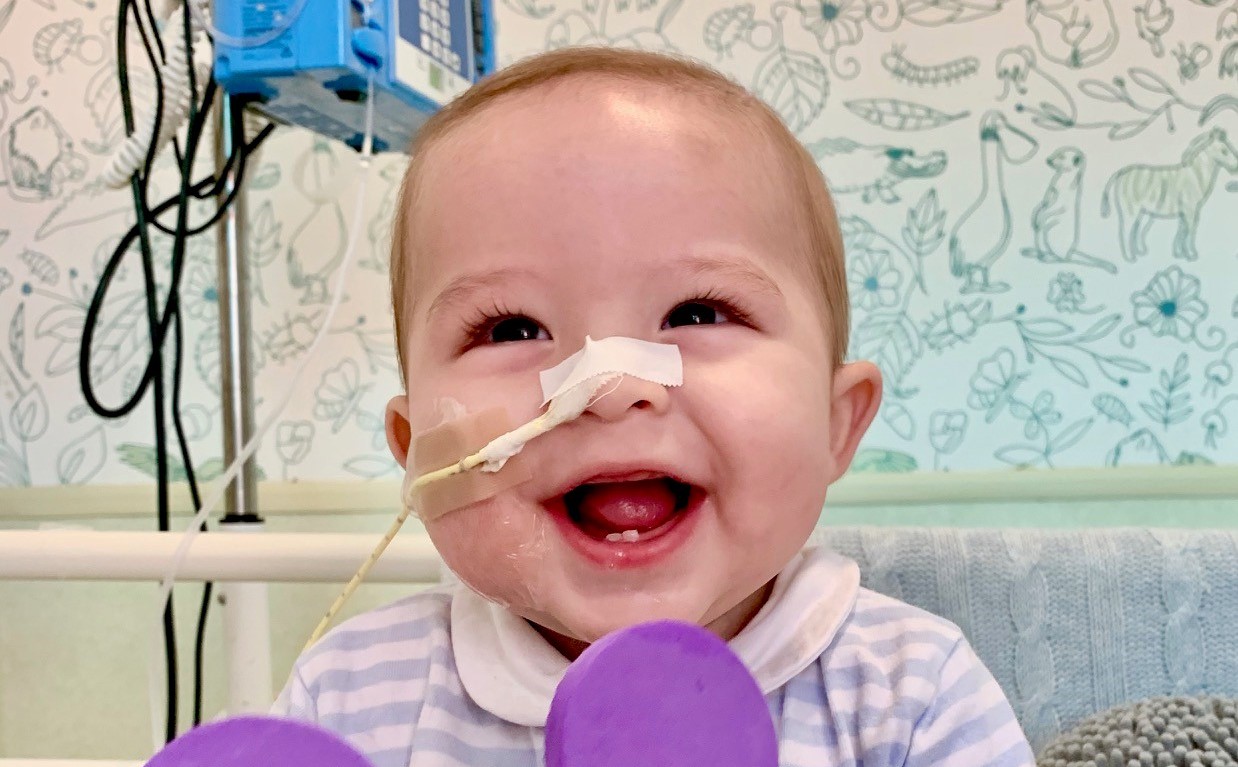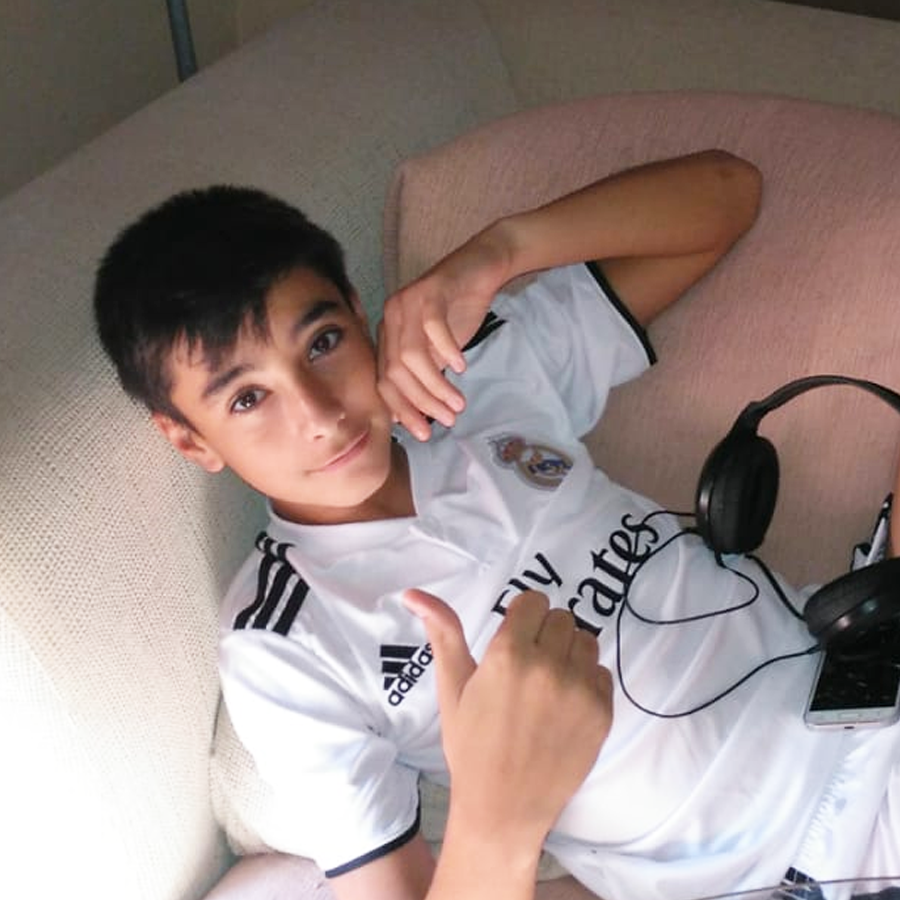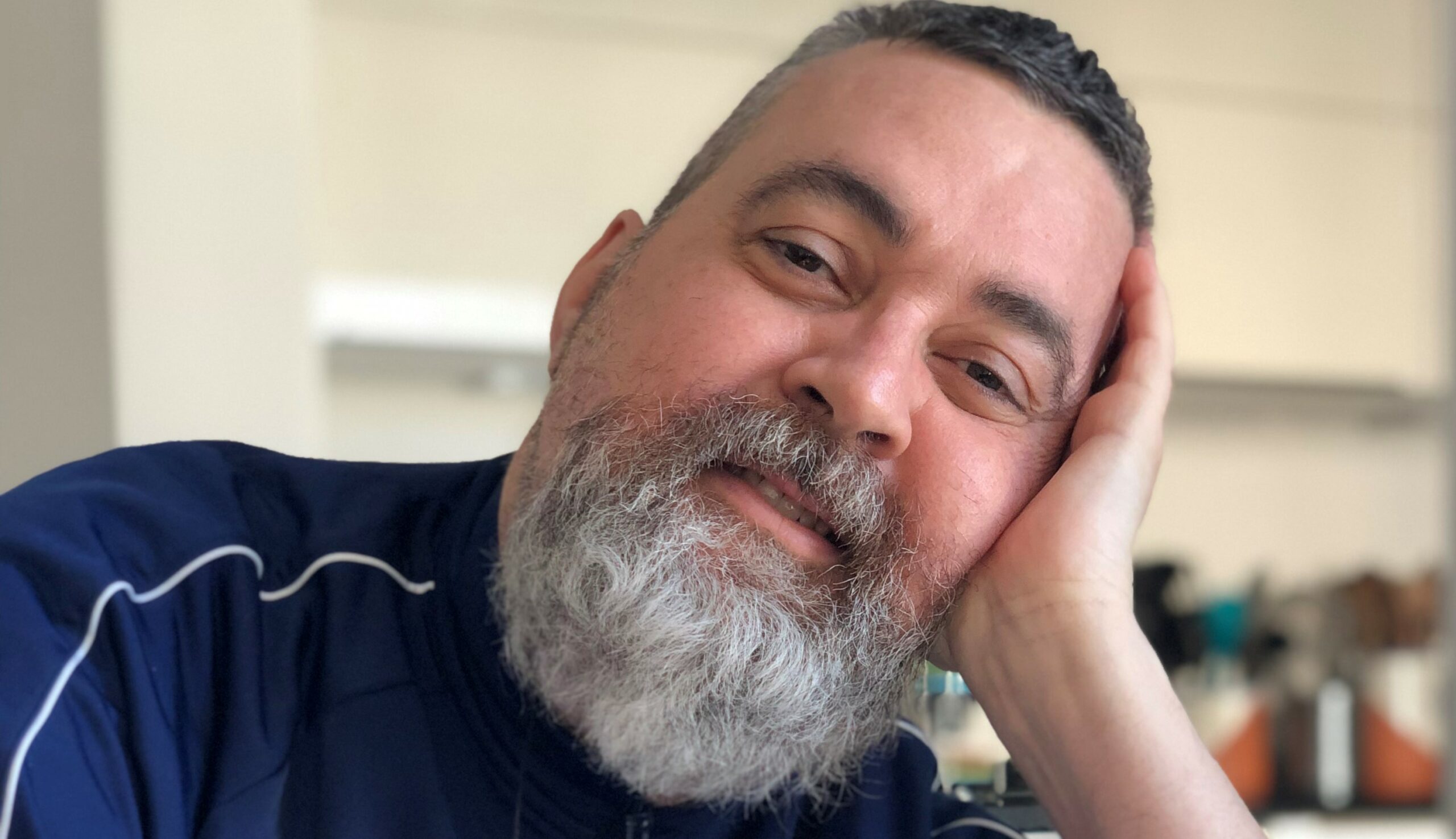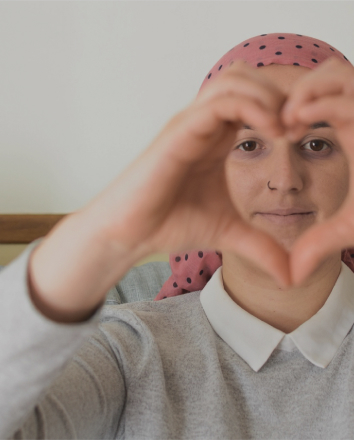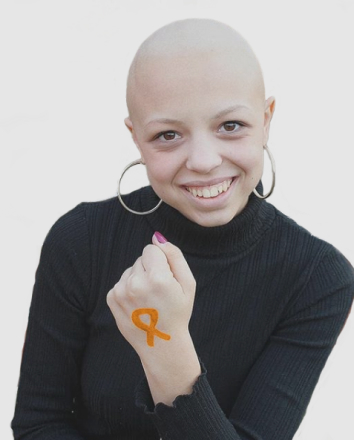Unstoppable to make leukaemia 100% curable
1 in 5 children and 50% of adults diagnosed are still unable to beat the disease.
Thanks to research, the survival rate of patients with leukaemia and other haematological diseases has increased significantly over the last 35 years.
At the Foundation, we work with society to beat this disease and one day be able to shout:
Leukaemia, we have beaten you!
Últimas novedades en la lucha contra la Leucemia
Our impact
This is how, thanks to people like you, we have fought against leukaemia over the last 35 years
and continue to do so:

Josep Carreras Leukaemia Research Institute
More than 600,000 hours per year dedicated to researching leukaemia and other haematological diseases.

Spanish Bone Marrow Donors Registry (REDMO)
Since 1992, we have coordinated more than 13,000 unrelated bone marrow transplants for patients from all over the world.
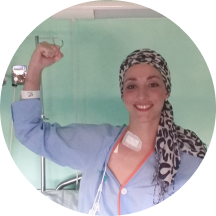
The Patient Experience and the
Hospitality Apartments Program
We have given more than 20,000 patient consultations and hosted more than 500 families in our hospitality apartments.
People we have helped
Discover their story and celebrate their transplantiversary with us!
Josep Carreras Foundation in Figures
Unstoppable for more than 35 years
members
dedicated to research
active donors
charity initiatives
Activity report
2022

Charity Shop
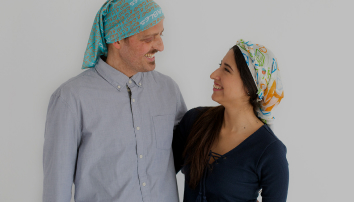
NEWS
